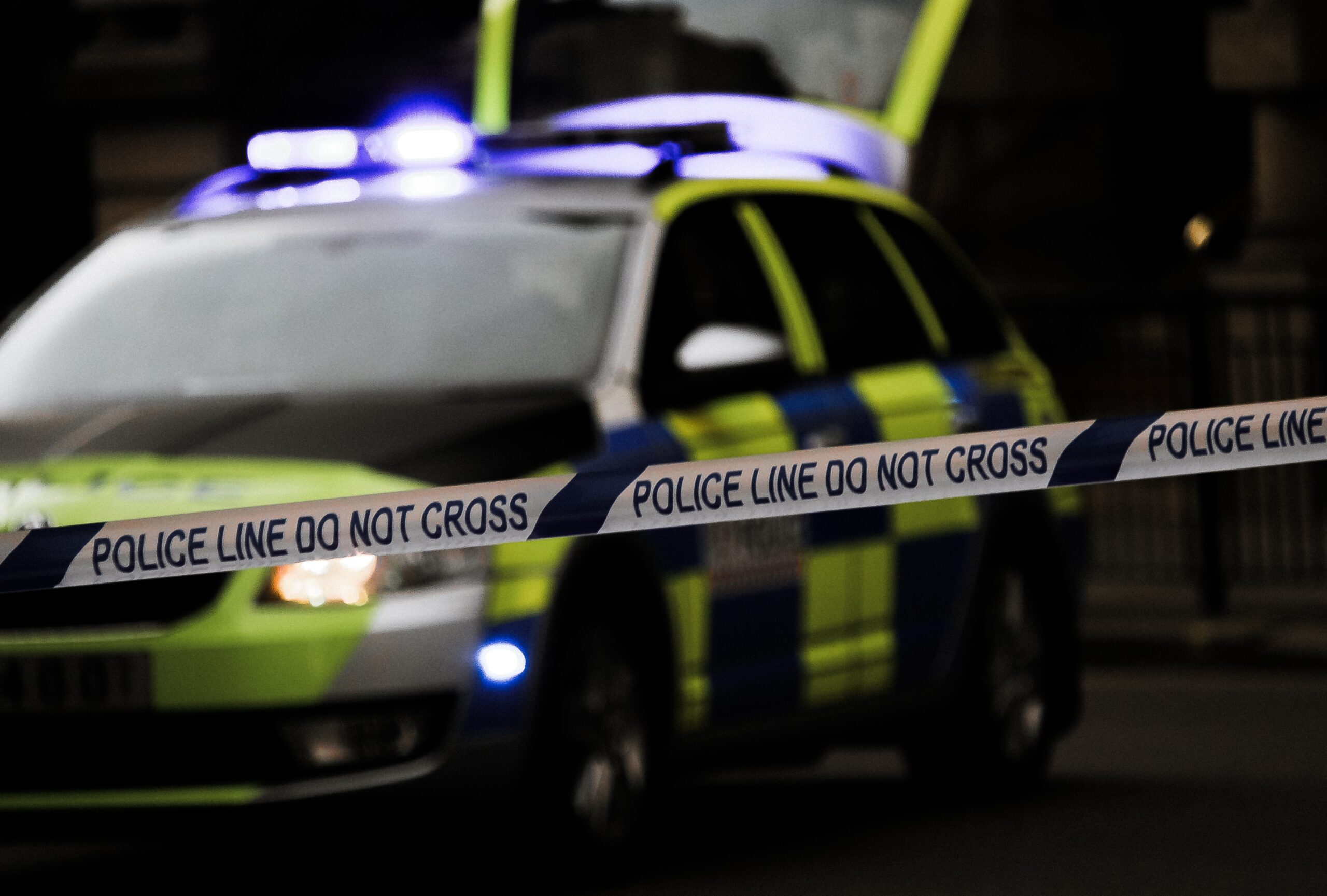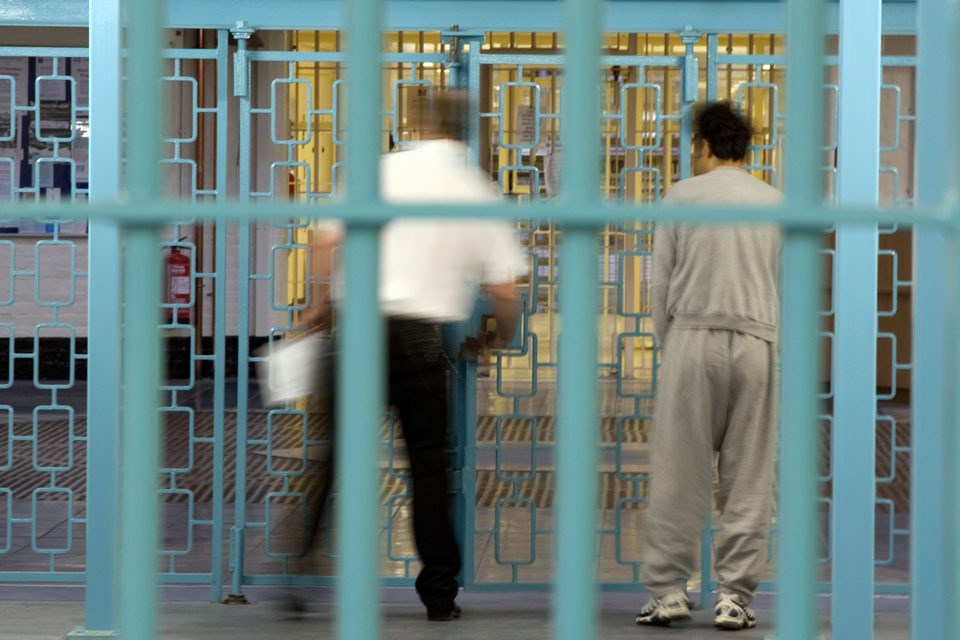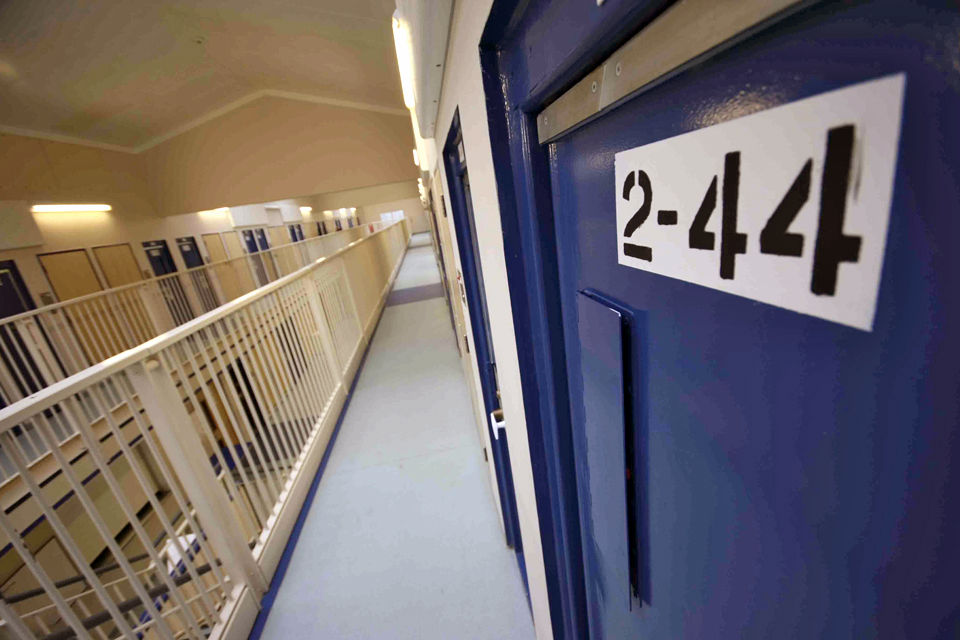Move to introduce code of practice for the likes of facial recognition and fingerprints is believed to be a world first
Credit: Stefan Schweihofer/Pixabay
A code of practice to govern the use of biometric data and DNA in the criminal justice system has come into effect in Scotland this week.
The code – which is claimed to be the first of its kind in the world – sets out how biometric data can be acquired, retained, used and destroyed for criminal justice and policing purposes. Biometric data encompasses personal information derived from DNA, fingerprints, iris scans, voice profiles, and facial recognition.
The new code, which includes a complaints mechanism and powers of enforcement to ensure compliance, is underpinned by 12 principles and ethical considerations which must be adhered to by Police Scotland, the Scottish Police Authority, and the Police Investigations and Review Commissioner. They include equality, lawful authority, ethics, privacy, respect for human rights and encouragement of scientific and technological advances.
Dr Brian Plastow, Scotland’s Biometric Commissioner, consulted across the criminal justice sector while drawing up the framework. He claimed it is a significant human rights achievement for Scotland and will improve public confidence and trust. Scottish Parliament’s Criminal Justice Committee approved the code without amendment.
Related content
- Home Office to trial £500k ‘biometric self-service kiosks’ at immigration offices
- Watchdogs seek greater oversight of use of facial recognition in prisons
- ICO hits facial recognition firm with £7.5m fine and order to delete all UK data
Plastow’s office is currently conducting two examinations of biometrics in two distinct areas. The first, in partnership with the Scottish Police Authority and Children’s Centre for Youth Justice, is an assurance review of the capture of biometric data from children. The second is an assurance review relating to the capture of biometric data from vulnerable people who require the support of an appropriate adult to help them understand what is happening to them in police custody settings, and why.
Plastow said: “It is important to strike the right balance between allowing Police Scotland to do what is required to keep people safe and to protect the human rights of the public. Scotland is the first country in the world to have a national code of practice which gives guidance to the police on how biometric data and related forensic technologies can be used. It promotes good practice, transparency and accountability by setting out standards for professional decision-making while matching the needs and responsibilities of policing with important human rights safeguards. Its implementation should enhance confidence in our criminal justice system.”




I was recommended this web site by my cousin. I am not sure whether this post is written by him as no one else know such detailed about my trouble. You’re amazing! Thanks!
I have discovered some important things through your website post. One other thing I would like to say is that there are numerous games available on the market designed specifically for toddler age children. They incorporate pattern recognition, colors, creatures, and models. These typically focus on familiarization in lieu of memorization. This makes children occupied without experiencing like they are learning. Thanks
강남안마시술소중계업체
https://news.gorgopage.com/98
https://madreviewer.tistory.com/entry/발톱-들렸을-때-대처-법
I was curious if you ever thought of changing the layout of your website? Its very well written; I love what youve got to say. But maybe you could a little more in the way of content so people could connect with it better. Youve got an awful lot of text for only having one or 2 images. Maybe you could space it out better?
https://itmoney4you.com/운세의신/
https://itgunza.com/968
The subsequent time I learn a blog, I hope that it doesnt disappoint me as much as this one. I imply, I know it was my choice to read, however I truly thought youd have something interesting to say. All I hear is a bunch of whining about one thing that you might repair if you werent too busy in search of attention.
https://madreviewer.tistory.com/tag/아이패드209세대20파우치
https://www.ohgunstory.com/entry/EB8BA4EC9D8C-wwwdaumnet-ECA091EC868D
https://k-studio.kr/무면허운전-단속-면허취소-결격기간-1년-또-걸렸다면/
https://goldmonster.tistory.com/entry/ED959CEAB5ADEAB3B5EC9DB8ECA491EAB09CEC82ACED9891ED9A8C-EC82ACEC9DB4EBB284EAB590EC9CA1EC9B90-ED9988ED8E98EC9DB4ECA780-httpskareduorkr
대전나이트클럽
https://souhaya.tistory.com/1840
https://download.beer/wp-content/uploads/2021/03/kakaomap-image-3.jpg
https://madreviewer.tistory.com/entry/EC9B90EB939CEB9DBCEC9DB4EBB88Cone-drive-EB8F99EAB8B0ED9994-ED95B4ECA09C-EBB08F-EC82ADECA09C-EC84A4ECA095EBB295?category=0
https://klero.tistory.com/tag/리눅스에20DNS
https://new-software.download/windows/zoom/
거제출장안마